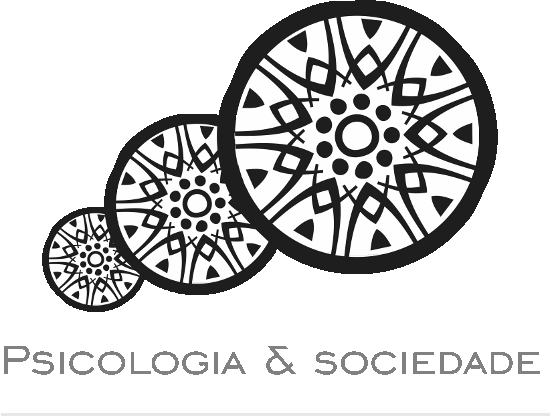This article has the objective of rescuing the concept of "meaning" as analytical resource in the psychological researches from displacements and connections constructed in the epistemological history of lev Vygotsky's ideas. For this, interlocutions and ruptures of this author with thought matrices and psychological chains from the beginning of the 20th century are presented, supplying a panorama of the until then constructed possibilities for understanding the concept of "meaning". Later, epistemological and methodological tones of the treatment excused by Vygotsky to the concept in question are discussed. It is concluded that, in this perspective, "meaning" is conceived as consisting as particular semantic event through social relations in which a gamma of signs is brought to discussion, which allows the emergency of processes of singularization in a plot of interaction culturally and historically constituted. It is pointed out, finally, some implications of this conception for the psychological researches that approach social practices and its processes of meaning.
meaning; historical-cultural theory; singularization processes; meaning processes
